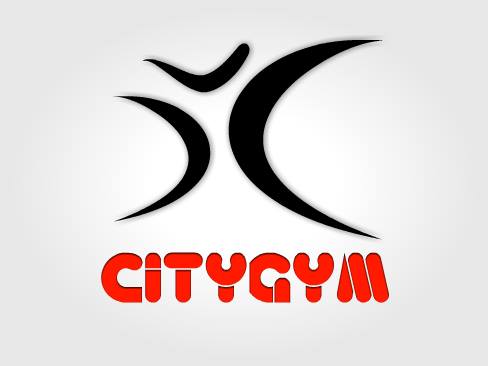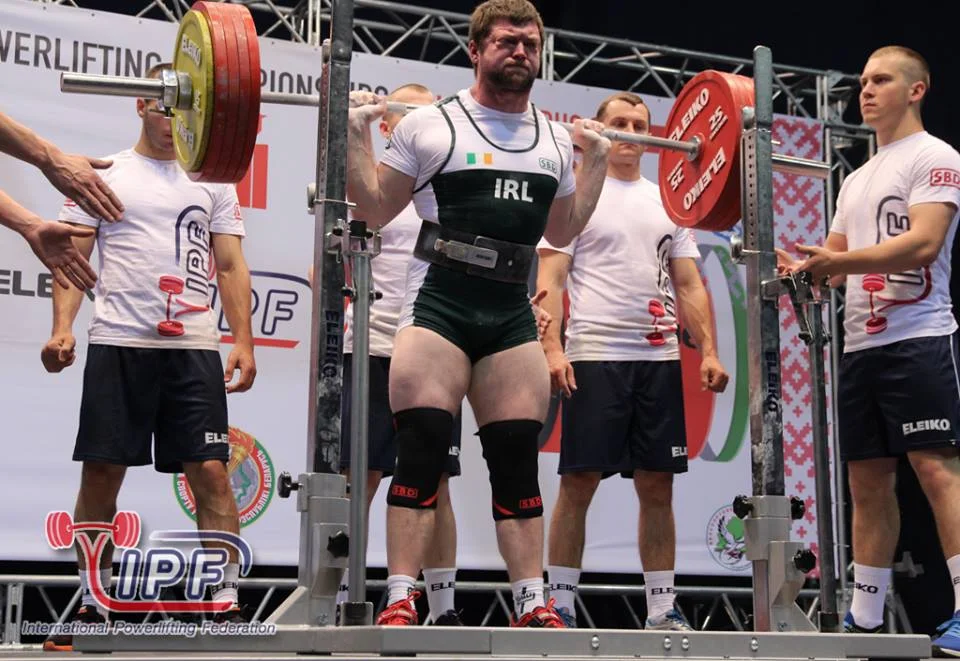In this short opinion piece I am going to outline to you what are some of the reasons for and against competing in Powerlifting competition, based on my experience and observations over the years. Hopefully some of these will resonate with you and you will take value from reading this article.
Incentives for competing in Powerlifting
1. Extremely Low Barrier to Entry
In physique sports, unless you’re prepared to make a fool of yourself, there is a prerequisite level of muscular development and in particular leanness that is required before stepping stage. In field sports there is a minimum level of skill and competency required to participate. Endurance and Track & Field sports require and minimum level of endurance or speed and power respectively.
In contrast, whilst there most definitely is a minimum level of skill and competency required to compete in Powerlifting, it is in my view very low compared to other sports. You could quite conceivably compete in Powerlifting being able to only lift the bar or 25kg. Will be competitive? Absolutely not! Will you be cheered and encouraged on the platform? Most definitely! This in my view makes Powerlifting unique and very special.
2. Minimal Age or Gender Restrictions
Another fantastic aspect of Powerlifting is that there is capacity for a person of almost any age, weight or gender to compete in Powerlifting. Often times It amazes me what female, junior and masters level lifters are capable of. This is fantastic and fairly unique to Powerlifting whereas in other sports the emphasis is primarily on the young (mostly 18-35 years) male competitors. The only restriction as far as I’m aware is that in some Federations you have to be a certain minimum age to compete at (e.g. 14 years old), which I think is purely to satisfy insurance requirements, not that Powerlifting at a younger age is dangerous necessarily.
3. Tangible Measure of Progress
As Powerlifting is entirely based on numbers, be that in lifts, totals, or what was lifted at a certain bodyweight this provides a very tangible measure of progress from competition to competition or from year to year. Now this can work both ways as if you’re not seeing the progress you thought you would (by way of numbers in competition), you may question your participation in the sport. But you may still look at the yearly view and see “ok my numbers have actually improved substantially and I’m much better technically at the lifts compared to 2 years ago”.
4. Community
Let’s face it, not many people are involved in Powerlifting, it’s a minority sport. That said it’s quite common to become friends with a lot of new people in a very short space of time once you get into Powerlifting. For the most part, people involved in Powerlifting are very welcoming and friendly that enjoy having fun above all else. This is a major incentive for competing in Powerlifting
Disadvantages of Competing in Powerlifting
1. Time Commitments
This does depend on how serious and advanced you are but generally I have found that the more you get into Powerlifting, the more time you have to invest in it. It’s not uncommon to spend 2+ hours per training session, then when it comes to competing a whole weekend can quite easily be spent on the event. Then if you get to the National or international level even more time must be allocated towards traveling.
2. Cost
Powerlifting doesn’t have to be a very expensive pursuit, but it certainly can become one. When you break it all down, you could be spending money on a gym membership, perhaps extra money for a coach (either in person or online), your membership to your federation, competition entry fees. Then when it comes to clothing you have to buy a singlet, probably some form of dedicated footwear, then the non-essentials such as belts, wrist wraps, knee sleeves/wraps, weightlifting shoes and then perhaps some money on t-shirts and other Powerlifting apparel. Then when you factor in the costs associated with competing (travel, accommodation, food etc.) suddenly the costs build up quite quickly. I don’t say any of this to deter you from getting in to Powerlifting but more so to create awareness that it can become quite expensive if you allow it to.
3. Progress Eventually Becomes Very Hard to Attain
When you start off in Powerlifting, progress is usually rapid and easy enough to attain with very little investment (i.e. a basic training program with minimal attention paid to nutrition, sleep, stress management etc.). However the more advanced and the closer to your potential you get, you essentially have to do more and more to gain less and less. Eventually, gaining 2.5kg per training cycle or even per year is a huge success. And it may require more training (either more sessions, more volume per session and/or more advanced training methods). Progress is still possible it’s just more difficult to attain and this can become difficult for some people to accept. But if you’re aware of it and not involved in Powerlifting purely to hit personal bests (i.e. you actually enjoy the sport and the process involved) then this is a much more manageable downside to have to deal with.
Conclusion
The purpose of this article is not to necessarily to encourage or discourage someone from competing in Powerlifting, but more so for those who are considering competing in Powerlifting it creates awareness of what is actually involved. So with that in mind I hope you found this article enjoyable and thought-provoking. I am also aware that this list is not exhaustive and would be keen to get any feedback you may have on other advantages or disadvantages of competing in Powerlifting.
About the Author
Arthur Lynch is an IPF Powerlifter and Powerlifting coach based out of CityGym Limerick. Arthur is also an online coach with SigmaNutrition.com

